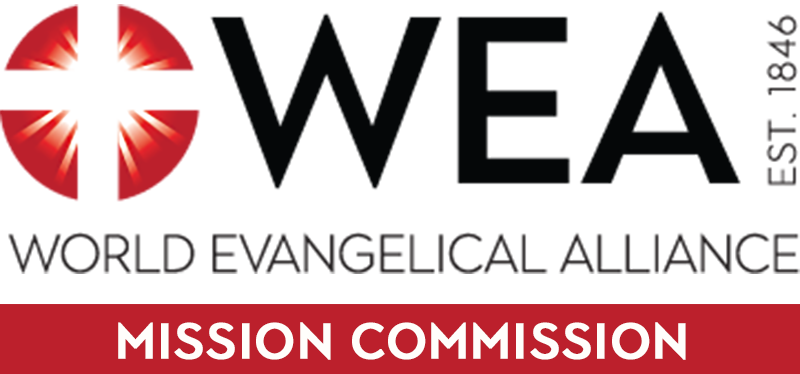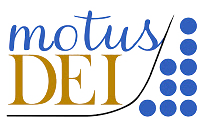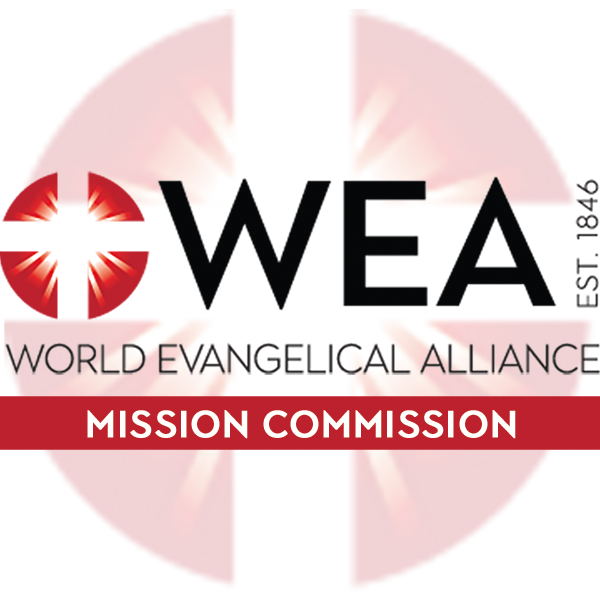MOVEMENTS RESEARCH SYMPOSIUM REFLECTIONS
[6 Minute Read]
Dear fellow participants in God’s mission,
Grace and peace to you in the name of the Lord Jesus Christ.
Keynote speakers for the opening day included David Garrison, David Lim, and Craig Ott. Seven additional keynote speakers and 14 breakout speakers with discussion filled out two additional days of interaction. These sessions introduced topics slated to become chapters in a book from William Carey Publishing, targeted for publication in the second quarter of 2021. The final day of interaction included strategic work group sessions on topics including Training of Apostolic Leaders Academic Qualitative Study of Movements, Metrics and Reporting, Sociological-Contextual Dynamics, Biblical Theology of Movements, and Common Good and Social Justice.
The movement paradigm has become a hot topic in the evangelical missions community.
The movement paradigm has become a hot topic in the evangelical missions community. In contrast to traditional methods, movement approaches are more group-oriented and tend to facilitate discipleship of others within their contexts. This yields greater potential for growth, both quantitative (more disciples of Jesus) and qualitative (more mature churches).
Researchers have documented the existence of more than 1300 discipleship movements to Christ, the vast majority happening among unreached peoples. Some evangelical mission agencies are energetically pressing ahead with movement paradigms. Yet the deeper work of missiology (understanding these movements from a theological, sociological, and practical perspective), can still greatly benefit from additional research and development.
Both the complexity of the issues involved and the sheer numbers of movements being reported call for multiple researchers, institutions, and agencies partnering together to meet this task. Theology, social sciences, and mission practice offer invaluable tools and perspectives to help us understand God’s work in birthing church-planting movements today which transform lives and communities.
We look forward to seeing the Lord increase our understanding of how movements are happening and how they can be fostered more effectively.
As a member of the Facilitation Team, I personally found it stimulating to hear a wide range of perspectives on movements from so many diverse contexts and diverse researchers around the world. The symposium offered an excellent launch into ongoing discussion about crucial issues related to discipleship movements. Among other things, we discerned together that to improve relationships and mutual comprehension, we need more nuanced understanding of some commonly used terms. We also noted great value in better observing the ways movements are transforming their broader communities, and the importance of improved relationships and understanding between longer-established churches and emerging kingdom movements.
Within the next month we hope to launch a website so that interested others can join us in grappling with these and related issues. For now you can see a bit more on the Motus Dei blog.
The Motus Dei Research Symposium has made a good start toward presenting in-depth descriptions of movements that will bear sustained examination from robust academic critique. We look forward to seeing the Lord increase our understanding of how movements are happening and how they can be fostered more effectively.



